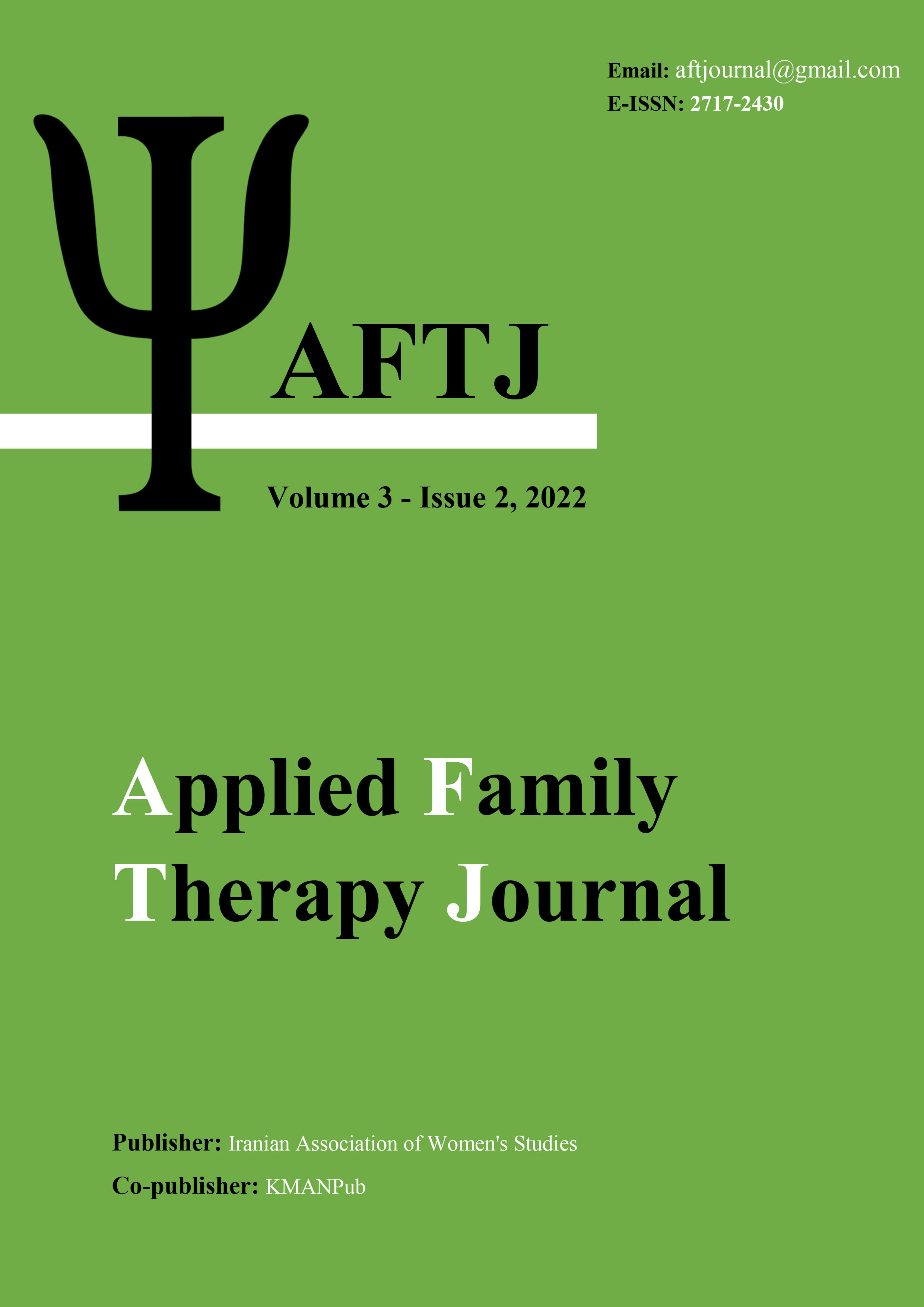The effectiveness of Cognitive behavioral therapy on Lifestyle based on self-efficacy and Body value in Women with obesity
Keywords:
obesity, lifestyle, self-efficacy, cognitive-behavioral therapyAbstract
Aim: The aim of this study was to evaluate the effectiveness of cognitive-behavioral therapy on lifestyle based on weight self-efficacy and body value in obese women. Methods: The present research method was quasi-experimental with pre-test-post-test design and follow-up with a control group. The statistical population included all women with obesity in Sari in 1398. Using purposive sampling method, 30 of them were selected and placed in the experimental and control groups (15 people in each group). Lifestyle questionnaires based on Clark, Abrams, Niaura, Aton and Rossi (1991) and Mendelssohn, Mendelssohn and White (2001) body value questionnaires were used to collect data. The experimental group underwent cognitive-behavioral therapy based on Wright et al. (2017) protocol in 8 sessions of 90 minutes but the control group did not receive any intervention. Data were analyzed using repeated measures analysis of variance and SPSS.24 software. Results: The results showed that cognitive-behavioral therapy improves lifestyle self-efficacy based on weight self-efficacy (F = 10.08; P <0.001) and increases body value (F = 13.53; P <0.001) in women with Obesity was effective. Conclusion: Based on the findings of this study, cognitive-behavioral therapy can be used to improve lifestyle based on weight self-efficacy and increase the value of the body of women with obesity and thus help reduce stress in them.
Downloads
Downloads
Published
Submitted
Revised
Accepted
Issue
Section
License

This work is licensed under a Creative Commons Attribution-NonCommercial 4.0 International License.





















